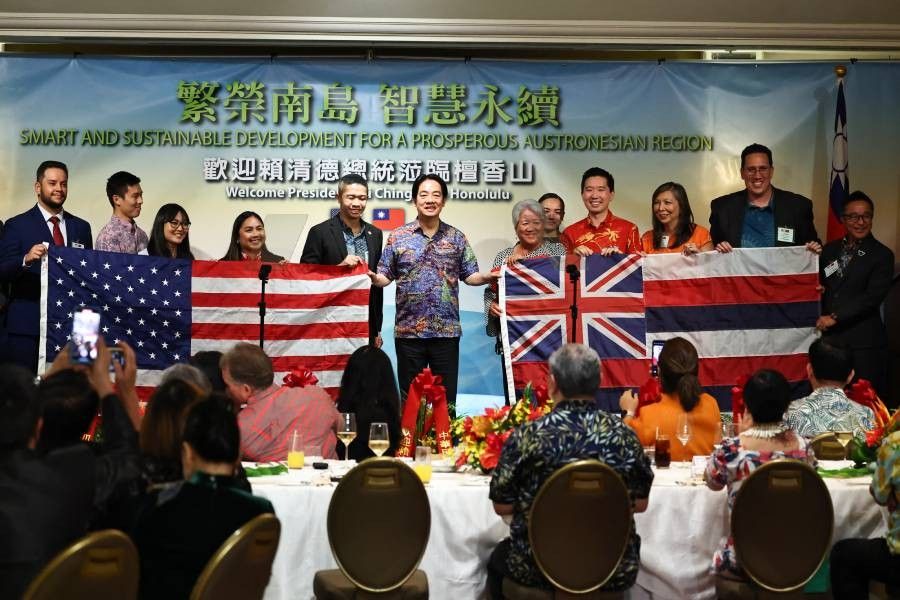During a visit to Taiwan, the US Senate Armed Services Committee chair expressed commitment to maintaining a strong friendship between the United States and Taiwan, amid the island’s ongoing tension with China.
Republican Senators Roger Wicker and Deb Fischer arrived in Taipei for a two-day visit as President Donald Trump pursues a trade deal with China, which claims Taiwan as its territory and has threatened annexation by force.
Since Trump’s return to the White House in January, concerns have grown in Taipei regarding the strength of US-Taiwan relations and Washington’s readiness to defend the island against potential Chinese aggression.
Wicker, a staunch Taiwan supporter, emphasized the US’s resolve to remain “the best of friends” with Taiwan and to protect the freedoms of both nations after discussions with Taiwanese President Lai Ching-te.
Wicker highlighted the importance of military cooperation and strengthening the defense industrial base to preserve these freedoms.
Fischer acknowledged the significant challenges facing Taiwan and remarked that a stronger Taiwan equates to a stronger United States, and vice versa.
Although the US ceased to officially recognize Taiwan in the late 1970s, it continues to be a key supporter and arms supplier to Taipei for its defense needs.
Before meeting with Wicker and Fischer, President Lai expressed hope for deepening cooperation between Taiwan and the United States, reiterating that Taiwan and China are not subordinate to one another.
Wicker and Fischer’s Asia-Pacific tour also included stops in Hawaii, Guam, Palau, and the Philippines.
US-Taiwan relations have been strained since Trump took office, triggering a global trade war and urging European and other nations to increase their defense spending.
The Trump administration reportedly denied President Lai’s transit through New York for a Latin American trip, following objections from Beijing, leading to the cancellation of the trip.
Taiwan is also working to finalize a tariff agreement with the US after a temporary 20 percent levy was imposed, causing concern among the island’s manufacturers.
In response to these challenges, Lai’s government has announced plans to boost defense spending to over three percent of GDP next year, and to reach five percent by 2030.

